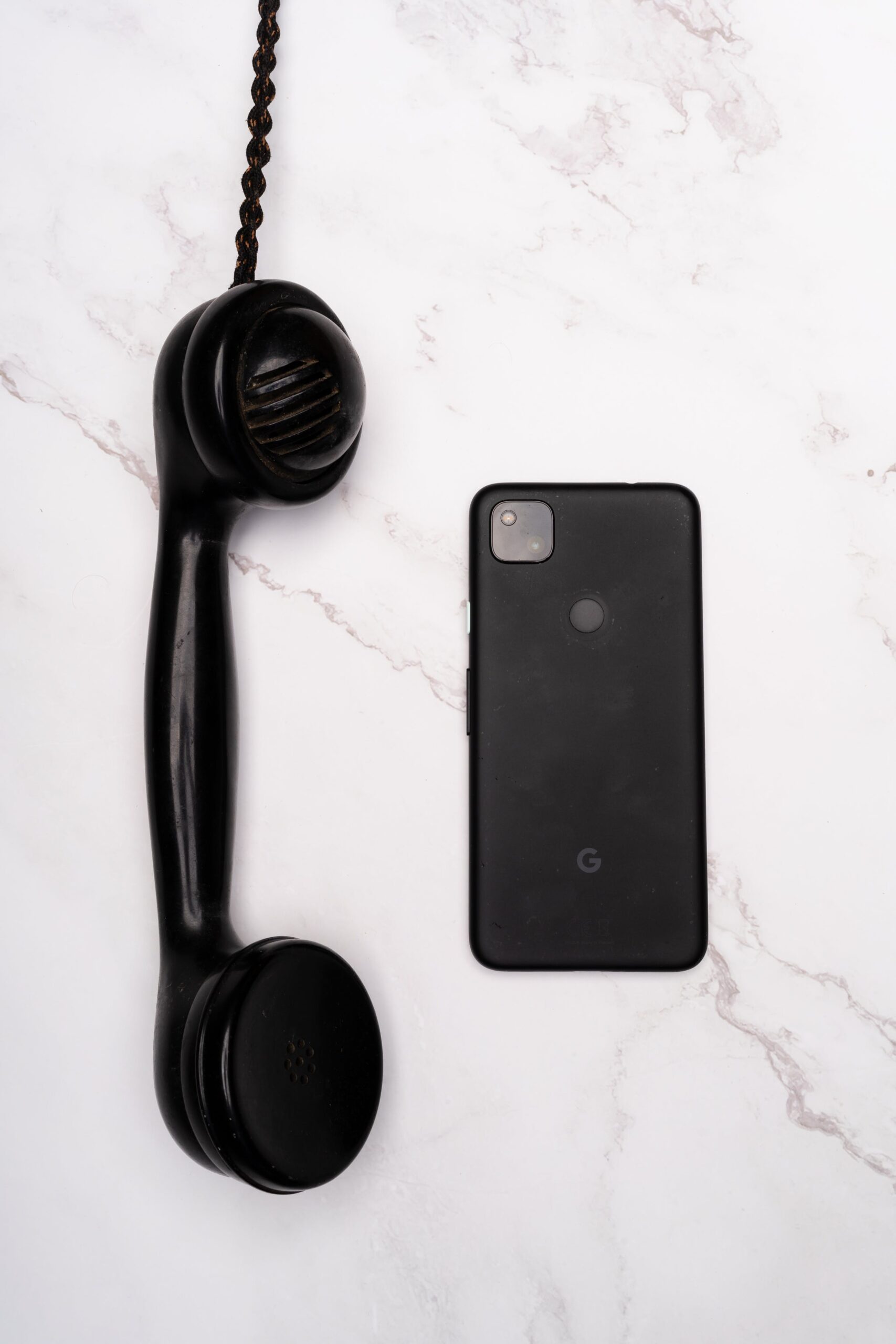Photo by Timon Studler on Unsplash
This rigorous evaluation aims to ensure that franchisees embody the brand’s ethos and possess the essential competencies to proficiently manage and advance the franchise. By scrutinizing candidates against these benchmarks, franchisors can foster a network of franchisees poised to uphold the brand’s reputation and drive sustainable growth.
WHAT SHOULD A FRANCHISOR LOOK FOR WHEN SELECTING A FRANCHISEE
By Gary Occhiogrosso – Founder and Managing Partner, Franchise Growth Solutions
When choosing a franchisee, the franchisor must conduct a thorough evaluation to ensure the franchisee is an excellent fit for the brand and can successfully operate the franchise. Here are some crucial qualities and factors that franchisors must consider when selecting franchise owners:
1. Alignment with Brand Values: The franchisee should share the brand’s values, mission, and culture. They must understand and be passionate about the brand’s identity and committed to upholding its standards.
2. Business Experience: Although industry-specific experience is not always necessary, relevant business experience can be extremely helpful. Franchisors may look for candidates with management experience, entrepreneurial skills, or a strong background in customer service.
3. Financial Stability: Franchisees must have the financial resources to invest in the franchise and support its ongoing operations. Franchisors typically require candidates to meet specific financial criteria, such as minimum net worth and liquid assets.
4. Commitment and Passion: Successful franchisees are often passionate about the business and committed to its success. Franchisors should look for motivated, dedicated candidates who are willing to put in the effort required to grow the franchise.
5. Ability to Follow Systems: Franchisees must be willing and able to follow the franchisor’s established systems, processes, and guidelines. This includes adhering to brand standards, implementing marketing strategies, and operating the business according to the franchisor’s specifications.
6. Communication Skills: Effective communication is essential to a successful franchisor-franchisee relationship. Franchisees should be able to communicate clearly and effectively with the franchisor, customers, employees, and suppliers.
7. Problem-Solving Skills: Running a franchise involves overcoming challenges and adapting to changing circumstances. Franchisees should have strong problem-solving skills and the ability to make sound decisions under pressure.
8. Local Market Knowledge: Data analysis and thorough market knowledge are critical to a franchise’s success. Franchisees should know the area where they plan to operate and be able to tailor their business strategies accordingly.
9. Compliance with Legal Requirements: Franchisees must comply with all legal requirements and regulations for operating the franchise. Franchisors should ensure that potential franchisees have a clean legal record and are willing to comply with all contractual obligations.
10. References and Background Checks: Franchisors should conduct thorough background checks and seek references from previous employers, business partners, and other relevant sources to verify the candidate’s qualifications and suitability for owning a franchise.
By carefully evaluating potential franchisees based on these criteria, franchisors can increase the likelihood of selecting individuals who can successfully represent the brand and drive the growth of the franchise network. This rigorous evaluation aims to ensure that franchisees embody the brand’s ethos and possess the essential competencies to proficiently manage and advance the franchise. By scrutinizing candidates against these benchmarks, franchisors can foster a network of franchisees poised to uphold the brand’s reputation and drive sustainable growth.
Franchisors, click here to learn how to award more franchises to better qualifed franchisees.
==================================










